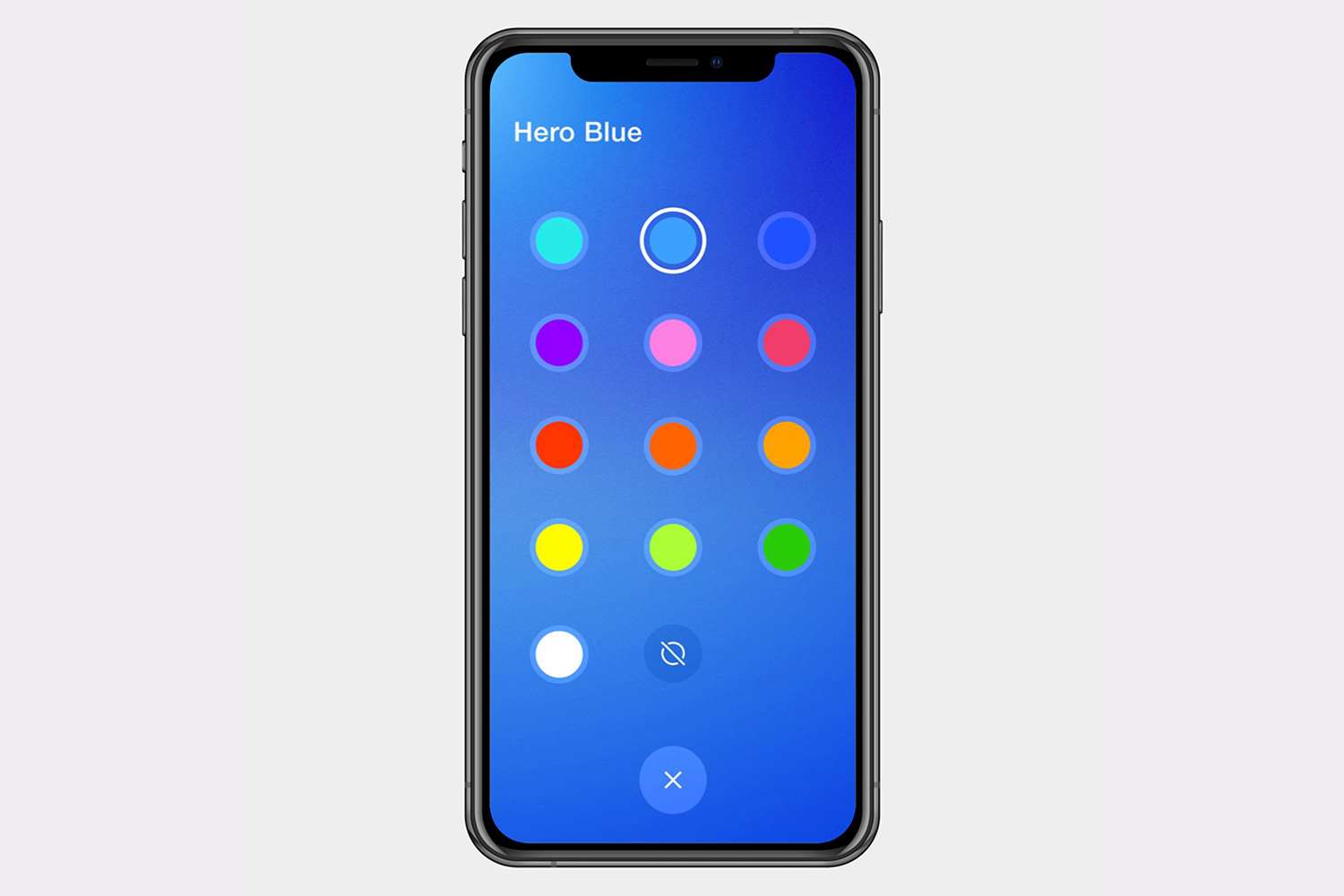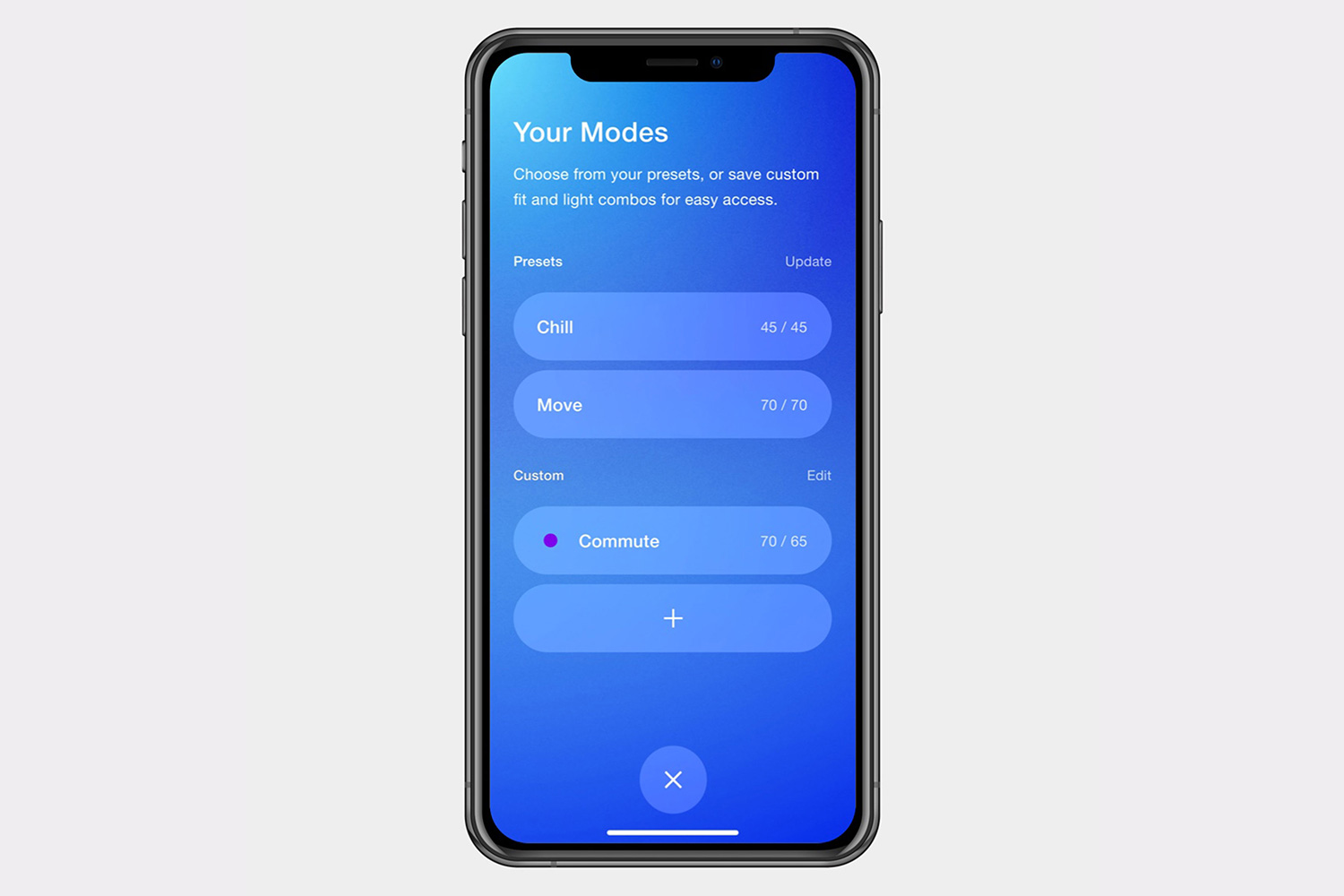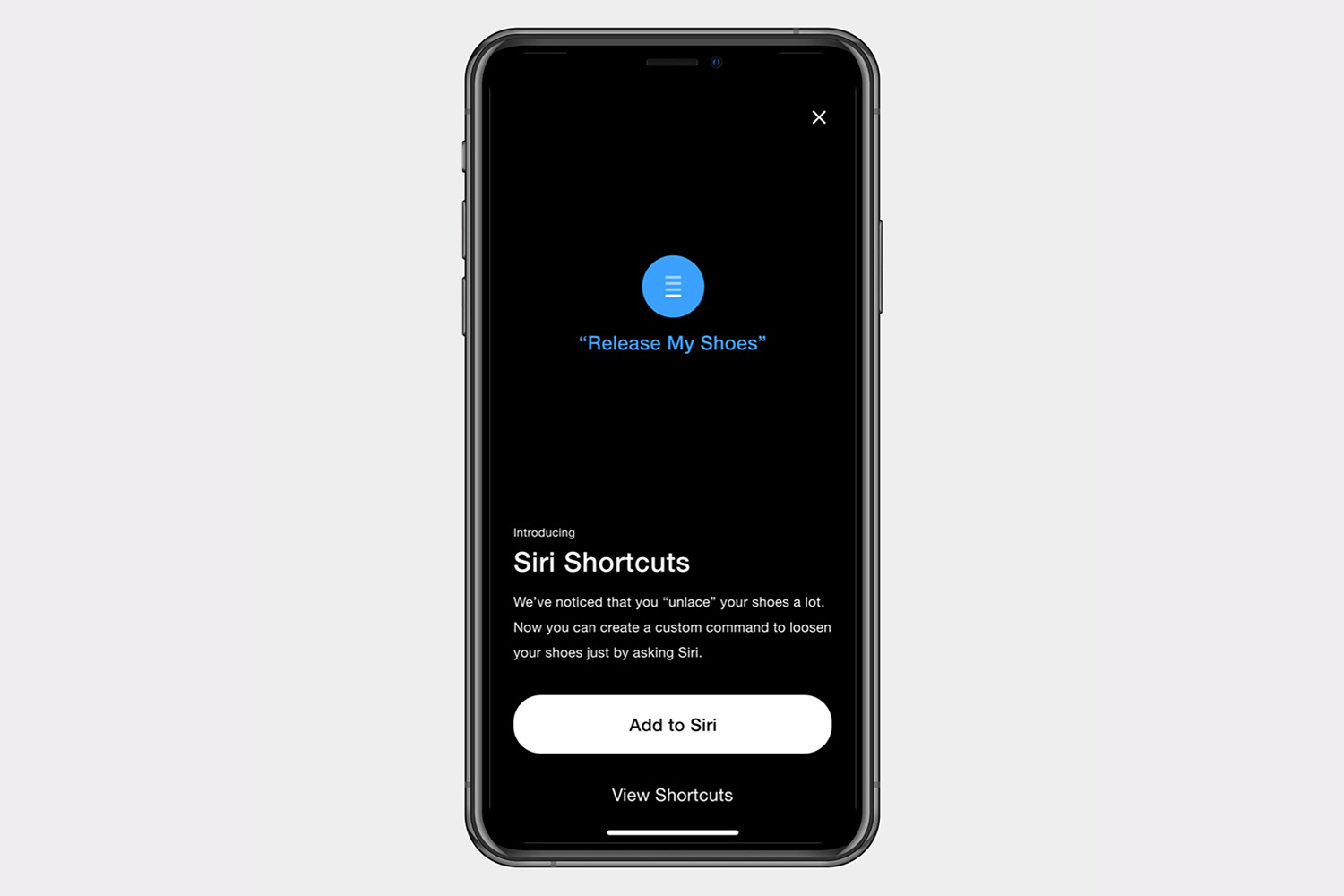
Nike’s newest shoe is a modern take on a the classic Huarache sneaker with laces that can be controlled by Apple’s Siri.
The Nike Adapt Huarache, which the company announced on Thursday, uses FitAdapt self-lacing technology that is paired with Apple’s Siri to tighten or loosen your laces. You can use either your Apple Watch or your iPhone to issue the Siri commands. It’s based on the original Nike Huarache, which debuted in 1991.
“[The Nike Adapt Huarache] propels Nike FitAdapt into the fast-paced, quick-shifting world of the everyday athlete — offering the personalized comfort needed in, say, the sprint to catch the bus, before seamlessly shifting fit as you settle into an empty seat with a sigh of quiet relief,” Nike said in the announcement.
Along with controlling the laces, you’ll also be able to use Siri to change the color of the LED lights on the sole of the shoe. You can switch up the color manually or create your own custom fit and light combinations, Nike said.
The shoes will be released through Nike’s SNKRS app and at select retailers on September 13. A Nike spokesperson confirmed to Digital Trends that the shoes will cost $350.
Nike’s FitAdapt technology is similar to its 2016 HyperAdapt 1.0 electronic adaptive lacing that enables the shoe to gently tighten around the foot when pressure sensors on the heel are activated. Those shoes initially sold for $720.
A newer version of the HyperAdapt 1.0 shoe came out in January as the Nike Adapt BB shoe, which built on the power-lacing technology concept. That model also sold for $350.
Both models have built-in sensors to create a better fit, but with the Adapt Huarache, you’ll be able to control the tightening and loosening technology with the sound of your voice.
Nike’s foray into tech-inspired sneakers may have first began with Marty McFly’s Nike Mag sneakers inspired by Back to the Future II, but the company has paired shoes and technology more frequently in recent years. The company even made a limited number of replica self-lacing pairs in 2016.
Aside from shoes, Nike’s augmented reality feature for its smartphone app, Engadget, uses your smartphone’s camera to make a detailed scan of your feet to get your ideal shoe size. The company even made a running track in 2017 where you could race against your digital self to beat your record.
Update 8/29: Added price information from a Nike spokesperson.






